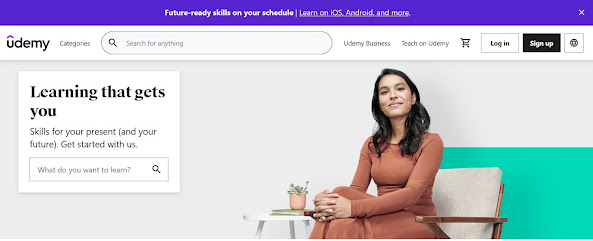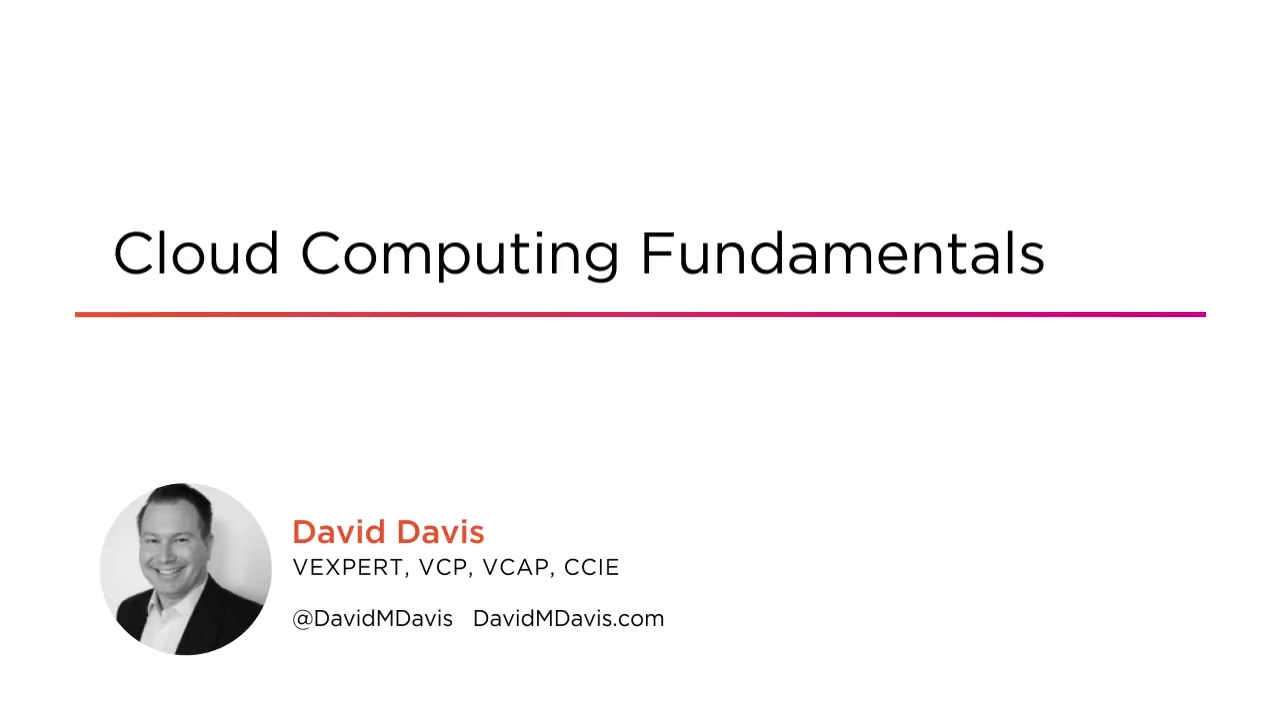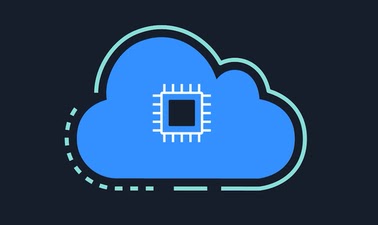What is Cloud Computing?
Microsoft defines its Azure cloud services as delivery of computing services(servers, databases, networking, software, analytics etc) over the internet. It allows for faster innovation, scalability and resources. As you pay for what you use, the costs can be significantly lower.Fortunately, Amazon and Microsoft here agree with each other. Their interpretation of the definition might be different, but the basics remain the same. The User device in the image depicted above can be a personal computer, a television, a work computer, a smartphone etc. . Any device which consumes a content of any kind can be a user-device.
In my personal experience, the three best cloud service providers are Microsoft Azure, Google Cloud Services and Amazon Web services. AWS was the first one in the market and it has constantly been growing rapidly for over a decade now.
Microsoft and Google were late to the market but have recently caught up with AWS in quality of offerings. Red-hat( now IBM cloud) also holds a considerable sway in the market. Oracle too has a cloud service to which they have moved or are planning to move all their Software products in the long run.
5 Best sites to learn Cloud Computing in 2025
1. Udemy
Udemy for a learner is one of the greatest tool that you can have in your arsenal. It offers a vast variety of courses in multiple languages with educators and experts from all over the world. It offers both paid and free courses, classroom programs, instructor led trainings and even monthly subscription. It also offers bulk deals and enterprise subscription for its users.
The biggest problem that you as a learner will face is finding the right course. Me being the helpful one, will try and help you with that dilemma.
Introduction to cloud Computing [Free Course]
This course on basics of cloud Computing by Xavier Corbett, is in my humble opinion, a gold-standard of what a beginner course should look like. At the time of my writing, this course had a solid 4.5 stars out of 5, with over 45000 reviews.
This course is very basic and designed to be helpful for beginners. It is also equally helpful for people with experience who are trying to learn cloud. For cloud practitioners, this course might be too basic, but it does offer some insights for them as well.
At 55 mins, its a short, cute journey into the fundamentals of cloud computing, which hopefully for users like me or you can transcend into a better career.- Over 500,000 enrollments.
- Great results in AWS certification exams.
- 4.7 star rated Instructor with over 50000 reviews on Udemy.
- Newbies to cloud computing
- Professionals keen to explore cloud computing services
- Anyone interested in understanding Amazon Web Services (AWS)
- Aspiring developers who want to build applications on AWS
The best thing about this course is the instructor. Although it is a long course( 8hrs approx) full of information, the level of ease and command that Neal Davis has over this course, makes this one the best course for a budding AWS cloud practitioner.
This is a bundle of courses aimed at a journey from a beginner to a seasoned cloud practitioner with Azure and Azure analytics/Data science tools as intended expertise. This course constantly gets updated with new content and coursework.
The trainer Ishant Garg is very quick to answer all your questions, queries and doubts. He has constantly been reviewed as a good teacher and a great cloud practitioner by the student community of Udemy who have taken his courses.
2. Coursera
Coursera is another gem of a website with plenty of free, paid and subscription model courses. The main feature of coursera is its tie-ups with organization, universities and certification providers. The courses are of great quality and mostly conducted by companies themselves. The two following courses for Azure and AWS conducted on coursera by Microsoft and Amazon experts themselves are listed below:
Introduction to Microsoft Azure Cloud Services
This is a basic cloud services introduction course hosted and conducted by Microsoft for their Azure cloud services. At a total duration of around 8 hrs, this is a fairly long course, but as its a Microsoft offered course, the quality of trainers and training is top-notch. Its free, and the exact same content is also available on Microsoft websites, nevertheless, as a beginner course, you cannot find fault with this one.
AWS Cloud Practitioner Essentials
This is the Amazon equivalent of Azure course specified above. Though at 20hrs, its a fair bit longer. The instructors are people who have worked on the AWS cloud for ages. This is another course on coursera which is very highly rated by students, beginners and cloud practitioners due to the vast amount of topics which are covered here.
3. Pluralsight [Free Trial]
Pluralsight is another great, paid/subscription platform which is geared towards advanced users. It has separate section for courses, certifications, assessments and labs. It also has tech index based search feature which makes the search for courses a breeze.
The index also measures and publishes the recent change in technology popularity worldwide, and can help in choosing the platform to study if you are not yet decided. Sometimes, you can also get courses for specific topic that you are looking for, and it can help in more ways than one.
This course by David Davis is another great example of a beginner level course. This course focuses on explaining the basics of cloud computing, the relevant terms, definitions etc.. After this basic course, you can take up advance courses specific to Microsoft Azure, AWS, Google cloud etc. depending upon your requirements.
4. edX
edX
as a platform is geared towards promoting partner universities and
their courses and certification. When a platform has names like Harvard,
MIT, Stanford as partners, you are guaranteed of quality of teaching,
material and coursework. As a platform, it also provides certifications
from universities. Courses from universities are a bit costly, but in
the long run, they are usually helpful.
This is an instructor driven course from AWS recommended for newbies or beginners alike. This course starts from the very basics, explaining the terms, definitions and framework of AWS before moving on to the AWS based information on security, architecture and services. This is a free/paid course with some parts of course accessible only to paid customers.
5. Official Websites
All cloud service providers provide some trainings and learning materials online for people wanting to learn about their services. Microsoft has some great trainings and learning materials on azure website. Similarly, Amazon hosts and manages tons of tutorials for AWS on the official AWS website.
Similarly, some other service providers and their tutorials are listed below:
Conclusion
The technology world has slowly and gradually moved on from servers to cloud. The move has been slowly picking up pace. The current market is poised and placed for a boom in short and longtime cloud adaptation in enterprises. So, if you want to learn cloud platform, now is the right time to do it.
There are multiple ways to learn cloud, and a few of them are mentioned below. Personally, I am a big fan of Udemy and Coursera. I have found them to be informative as well as very well priced.
Although, there is no one size fits all. The variety and number of courses on Udemy can be a bit intimidating. Coursera can be very expensive. Pluralsight and edX can be too focussed and advanced for a beginner.
So, go through the websites, pick your course, see the reviews, calculate the costs, set your long and short term goals and then make a conscious decision suiting you.
Thank
you for reading this article. In case you have any queries or
questions, feel free to comment. If any of your friends or colleague are
planning on learning Cloud, please refer them to this article as well.






No comments:
Post a Comment
Feel free to comment, ask questions if you have any doubt.